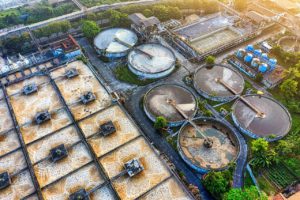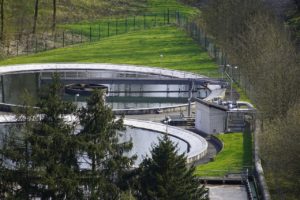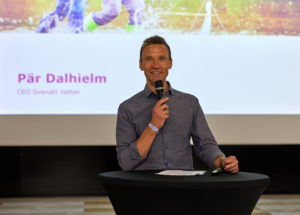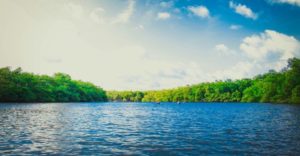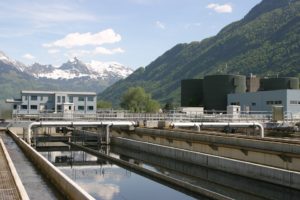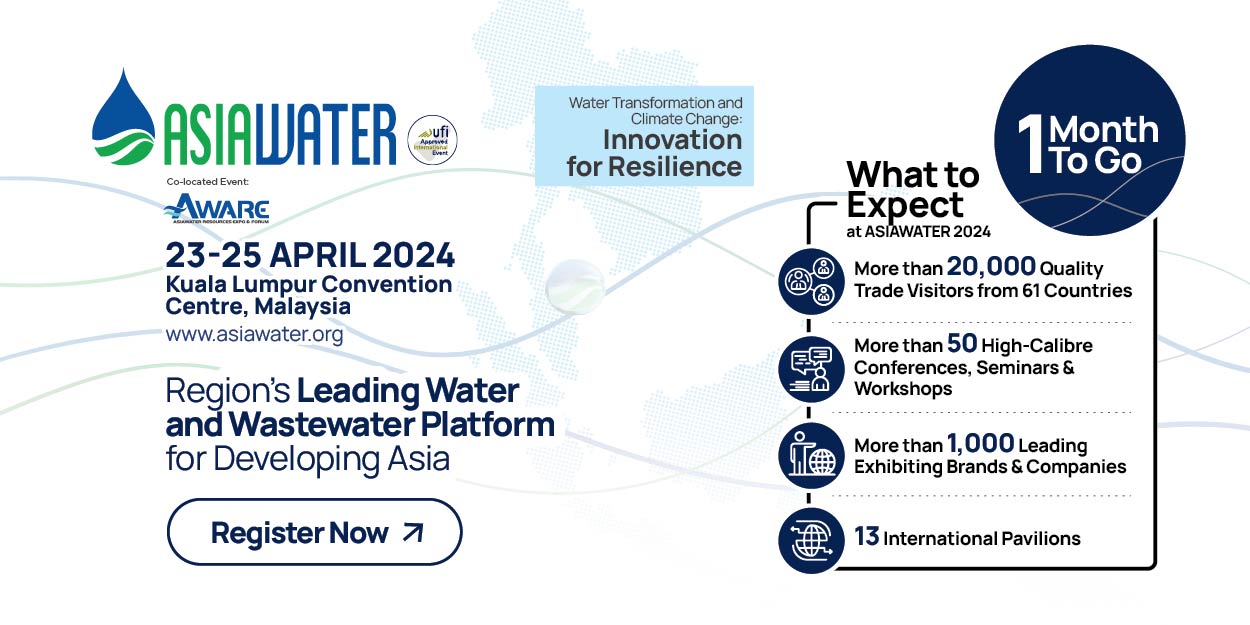On the Way to Energy Independence – New Challenges for the European Water Sector
The water sector is an energy-intensive one. The energy crisis has led to sharply rising operational costs for operators, in particular for those with high energy import needs. Squeezed budgets mean there is even less money to finance measures to reduce energy imports.
Europe’s water operators must develop strategies to become energy independent. The EurEau conference, hosted by Water Services Corporation, identified the key bottlenecks and how public authorities such as the European Commission are accompanying this process.
“The question is not whether we can achieve energy independence. It is about how best and fastest we achieve the energy independence we need for our democracies, our children and our future. In a world where we need to achieve more with less resources and with less harm to our plant, the only possible answer is in thinking smart by design, bringing together great brains from across silo boundaries, upscaling the positive changes which are already happening, now.” said Veronica Manfredi, Director for Zero Pollution, DG Environment, European Commission.
“The water sector is facing unprecedented challenges which require practical, sustainable solutions. The biggest challenges which we are facing today, and which are effecting all of us working in this sector are the availability of natural water resources, climate change and the energy crisis. Thus, Malta’s water management framework is founded on a two-pronged water security strategy, meeting demand through the use of water supply augmentation and water demand management measures in an increasingly sustainable manner.” said Miriam Dalli, Maltese Minister for Energy, Enterprise and Sustainable Development.
Our vision is clear. We want to – and we have to - become energy and climate-neutral. This will not only support the Green Deal, it is also key to enhancing our resilience to energy price shocks.
We need investments in energy efficiency and renewable energy generation. This may involve finding innovative cost financing solutions that protect the affordability of our services.
At the same time, we need to meet the reinforced requirements for health and environmental protection, which require energy-intensive technologies and treatment agents which are strongly affected by the current crisis. Each additional treatment step makes the achievement of energy independence more challenging.
We therefore call on policy makers to live up to their promise and control pollution at the source.
We must find innovative technological and financial solutions to achieve our goals.
Source: EurEau

